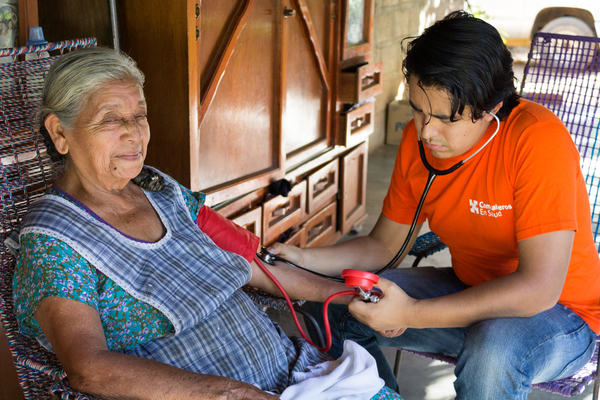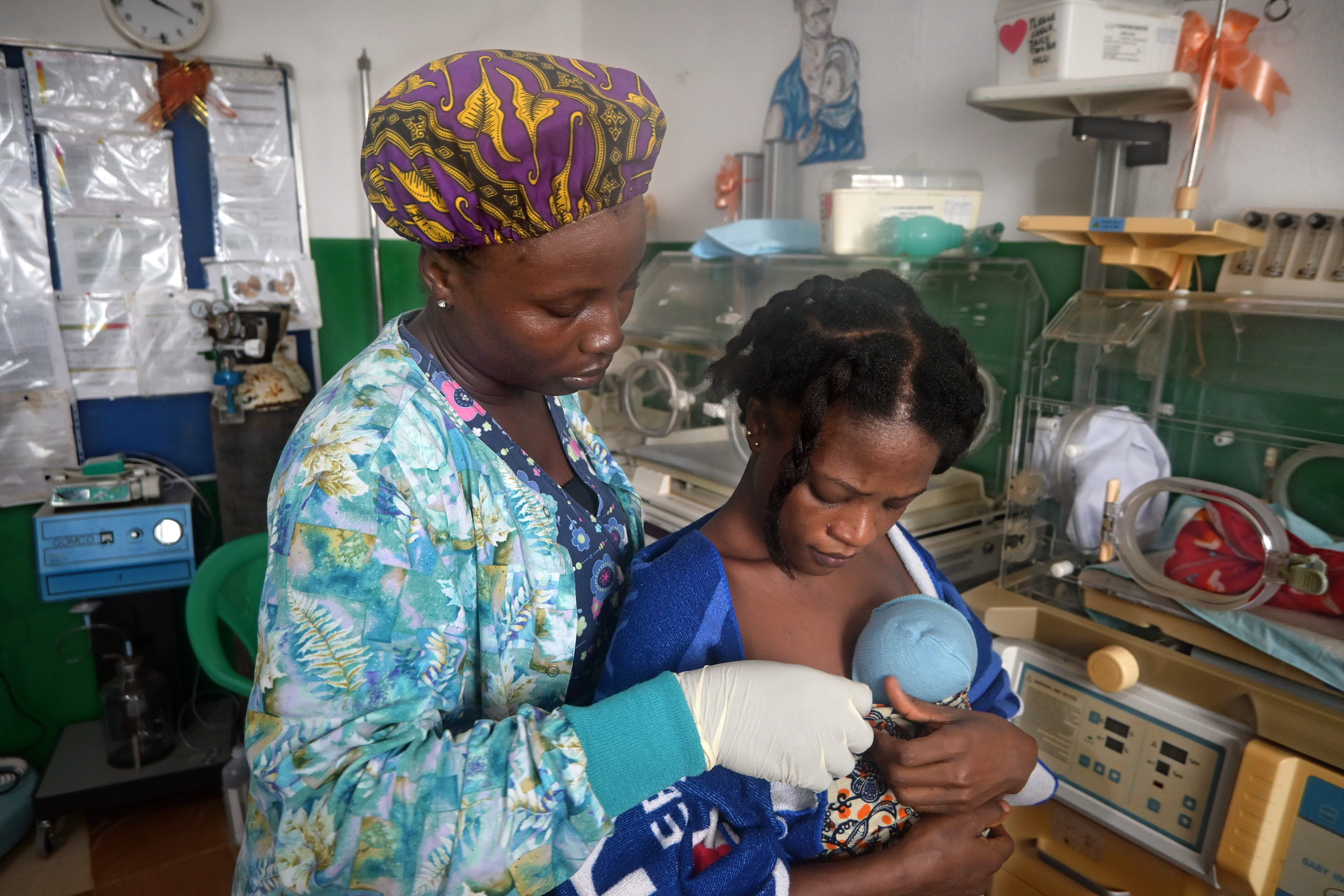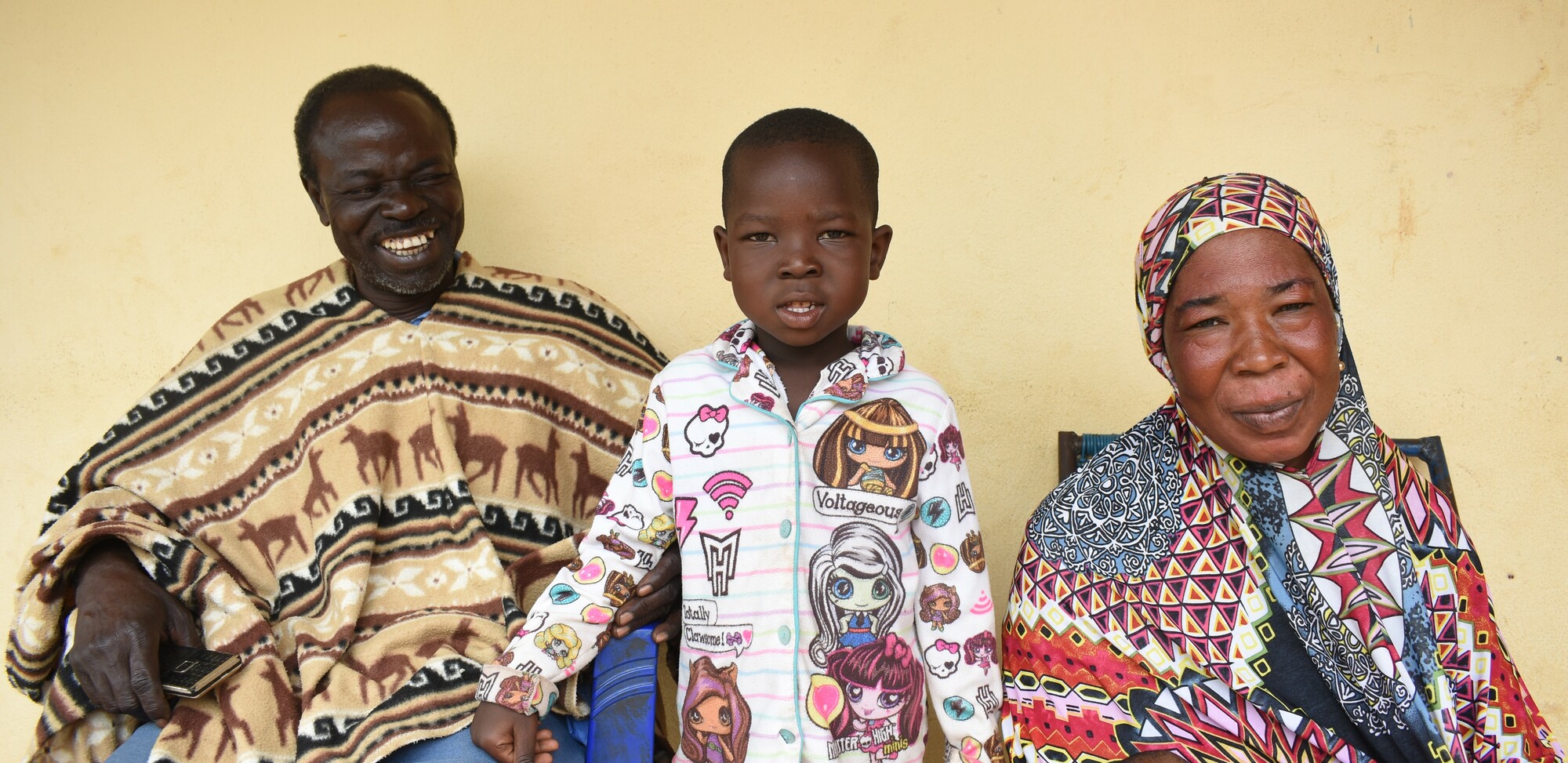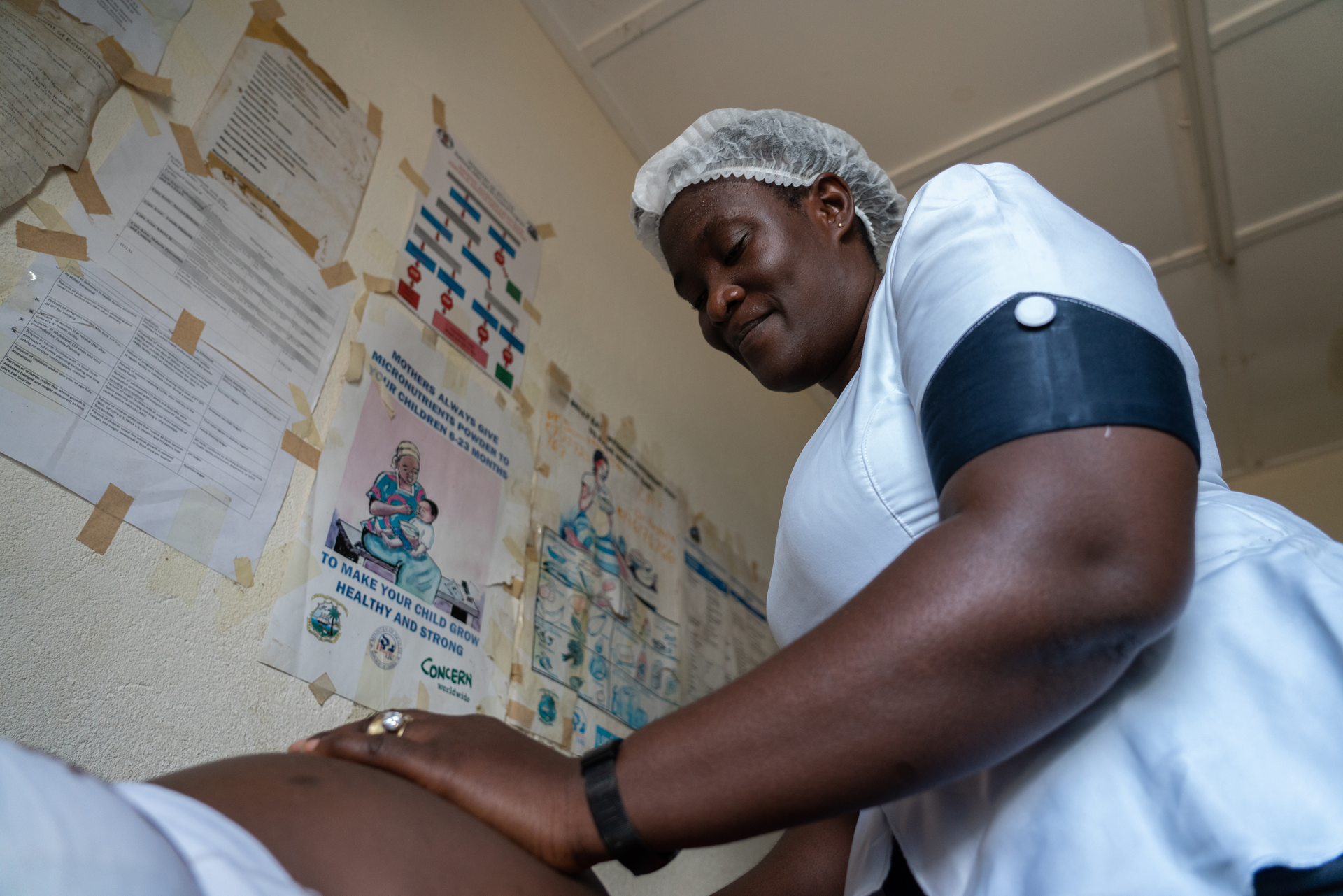Be a Global Champion
$10
can provide training for a community health worker to distribute medication to protect against neglected tropical diseases.
$50
stocks emergency medical supplies.
$240
extends a life-changing 45-minute surgery and a bright, beautiful new smile to a waiting child.











